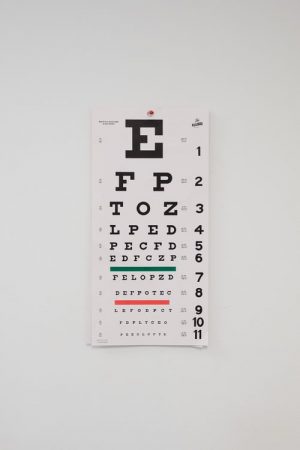
| Failing to see ourselves clearly is the first relationship mistake I discuss in my Avoiding the 12 Relationship Mistakes Women Make.
How’s Your Self-Awareness? Do you know how others perceive you? What if other people think you talk about yourself too much or you are too intense; while you, on the other hand, see yourself as outgoing and motivated? What if others see you as controlling or unmotivated, but you are oblivious? If you are not self-aware, then you may be unintentionally sabotaging your relationships. It’s not just our weaknesses we don’t always see. Many of us are blinded to our strengths and talents as well. I was waiting in a checkout line and overheard the two women in front of me talking about a mutual acquaintance. One said, “I agree. She is always so down on herself. She is such a lovely supportive friend. I wish she could see herself as we see her-genuine and caring.” If you want to shatter any distorted self-perceptions and gain clarity about who you really are, be willing to take the challenge with me to see yourself as you are. Are you willing to become more self-aware? By growing in self-awareness, I mean you are willing to see yourself as you are–not as you wish to be. Maybe you aren’t ready for this challenge. You may feel more like the friend who said, “Some days I really don’t want an objective view of myself.” She recognizes how uncomfortable it can be when some of her self-perceptions are shattered by truth. She’s experienced the pain that comes with a clear understanding of the undesirable ways she sometimes affects others. If you have concerns, ask God to give you a willingness to pursue self-awareness. If you are ready to look at yourself with fresh new eyes, here are some suggestions to help you S.P.O.T. what you may not see: S-eek God’s Wisdom One of my coaching clients recently realized that when she runs into a problem or conflict at home or at work, she will first call her closest friend or Google the issue. She only begins to pray about the problem when she can’t find a solution. “When I do start praying, that’s usually when I experience a major break-through.” By seeking God’s wisdom, she is able to see herself or the situation differently. Whether you are praying or reading Scripture ask God to bring the hidden things to light. Be willing to ask what he wants you to see. Listen closely for his still small voice. Just remember God usually shows us what we aren’t noticing in a kind and gentle way. His voice is not the voice of condemnation. P-ause for Clarity Another strategy for uncovering your blindness is to pause and give yourself plenty of time to think about the 3 H’s–heart, head and Holy Spirit. Pause to listen to your heart. What is it telling you? Pause to use your head and gather the facts about a situation or relationship. But, most importantly, pause to discern the leading of Holy Spirit so you can avoid unnecessary pitfalls. Harvard psychologist David Perkins discovered through his research that we don’t always recognize when it is a good time to stop and think. Yet these “thinking opportunities,” as he calls them, are crucial to making intelligent choices. As we read in Proverbs, “The plans of the diligent lead to profit as surely as haste leads to poverty.” O-pen yourself up to wise counsel Godly counsel is also helpful to correct your misperceptions or help you see a situation in a new light. Don’t be afraid to ask someone you respect and with whom you have an honest relationship if they see something you aren’t noticing in yourself or in your relationships? Are there any patterns you keep repeating? You want to ask someone who will tell you the truth, even if it is hard to hear, rather than what they think you want to hear. As we read in Proverbs 19:20, “Listen to advice and accept instruction, and in the end you will be wise.” One warning: Be careful how much power you give to one person’s opinion. Does this person share your values? Have they shown over time that they have your best interest in mind? Or do they have a hidden motive? Combining the counsel of several people with prayer and waiting for God’s direction gives us a much greater chance of seeing the situation clearly. T-ake a step back to gain a new perspective Relationships are riddled with misperceptions, misunderstandings, and conflict. We tend to be short-sighted, seeing only our hurts and wounds and discounting the pain of others. “Pain felt is always more intense than pain inflicted.”[i] Try to take a step back when you are hurt, offended or misunderstood and try to look at the situation from another person’s perspective. Allow the rational part of your brain to kick in and ask yourself: What are they feeling? How are they viewing what happened? Being empathic helps you avoid the trap of staying stuck in your point of view. Take the challenge and make this time become intentional about growing in self-awareness. Learn to see yourself truthfully so that you can move beyond the darkness of self-deception into the light of self-awareness. (This article was adapted from Avoiding the 12 Relationship Mistakes Women Make.) [i] Carol Tavris and Elliot Aronson, Mistakes Were Made (but not by me) (New York, NY: Harcourt, Inc., 2007), 192. |
